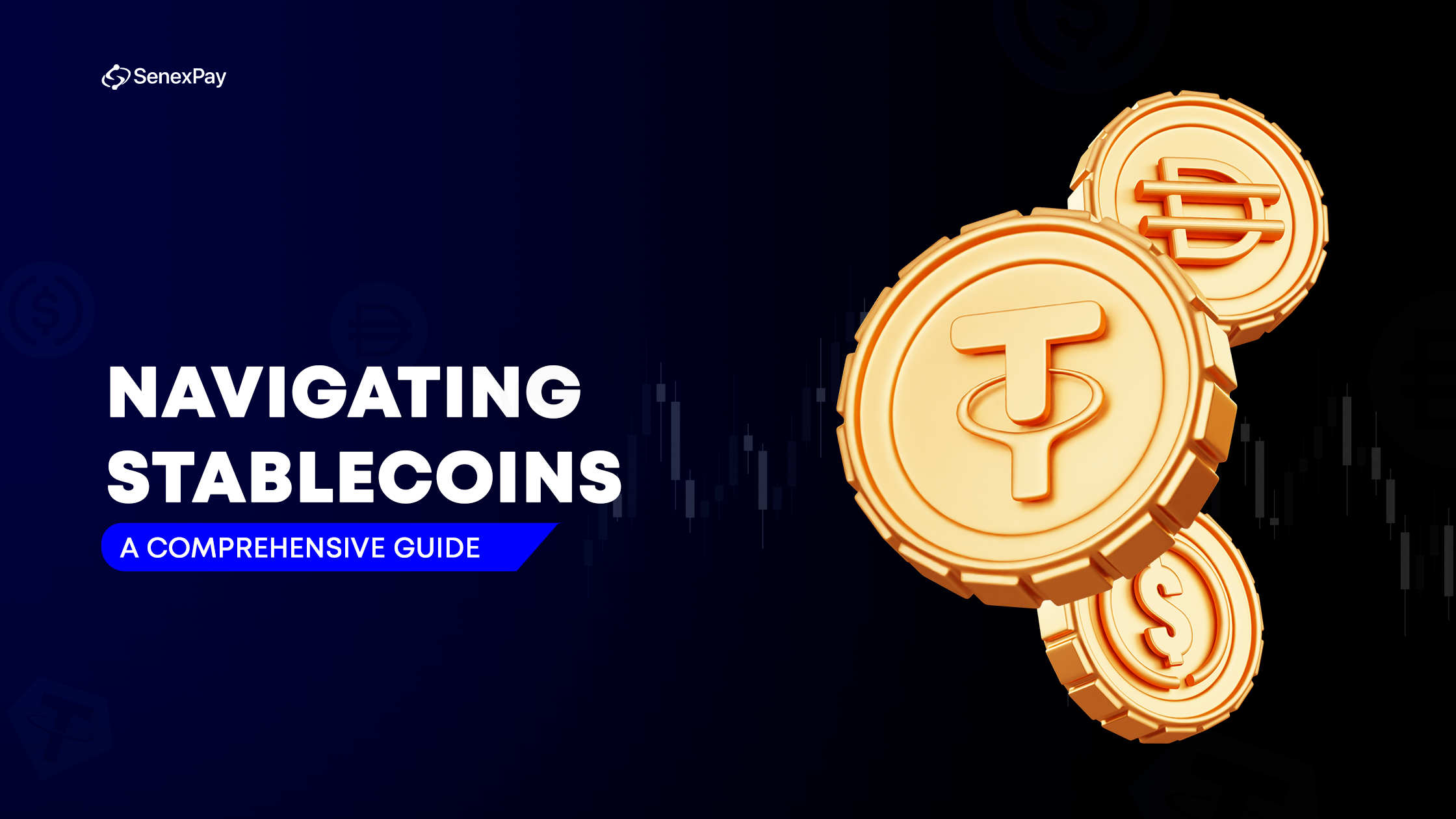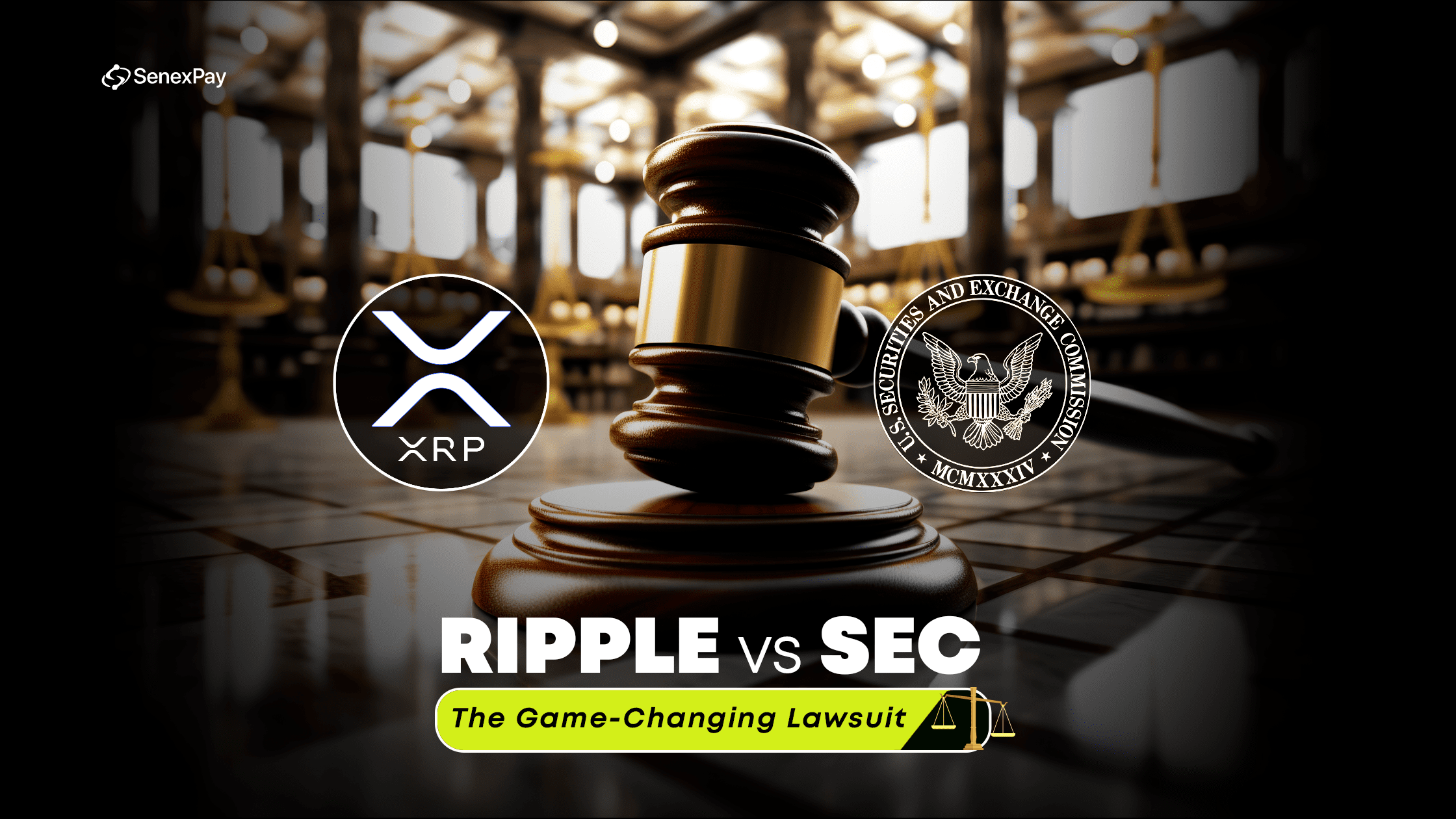In a surprising and controversial development, Telegram's CEO Pavel Durov was reportedly arrested in France on Saturday, August 24, 2024. Durov, known for his staunch advocacy of privacy and his popular messaging platform Telegram, was detained by French police at Bourget Airport while disembarking from his private jet. The news of his arrest, while not yet officially confirmed, is based on unnamed police sources and has sparked significant concern and speculation within the tech and crypto communities.
Telegram, often considered a rival to WhatsApp, is widely recognized for its secure messaging features and is particularly popular among those in the cryptocurrency space. I personally use it when trading crypto tokens, and the availability of trading bots on the platform is a compelling feature for many in the crypto trading community. However, it appears that the very features that make Telegram appealing to crypto enthusiasts may have played a role in Durov’s current predicament.
According to reports, Durov’s arrest stems from his refusal to cooperate with the French government on content moderation. This lack of cooperation has allegedly made him an accomplice to serious crimes, including money laundering, funding terrorism, and even the distribution of child pornography. These accusations are severe and, if true, could have far-reaching implications for Durov and his platform.
However, there is more to this story than meets the eye. Pavel Durov is a Russian citizen, and Telegram’s strong association with the crypto world—particularly in a time when Russia is increasingly relying on cryptocurrencies to circumvent international sanctions—raises questions about the timing and motivation behind his arrest. Russia’s relationship with Western powers, including the U.S., UK, and France, has been strained, especially in recent years. Cryptocurrencies have emerged as a financial tool that Russia is using to bypass these sanctions, which could explain why a pro-crypto platform like Telegram is under such intense scrutiny.
Adding to the intrigue, Durov’s arrest coincides with Russia's announcement of plans to launch a national cryptocurrency exchange and the development of a BRICS (Brazil, Russia, India, China, South Africa) stablecoin, which could further challenge the dominance of Western financial systems. The timing of these events raises suspicions that Durov’s arrest may be politically motivated, aimed at curbing Russia's growing influence in the global crypto market.
This is not the first time Durov has found himself at odds with government authorities. In 2014, he left Russia after refusing to provide data on Ukrainian protest leaders from his previous social network, Vkontakte. His commitment to privacy and resistance to government pressure have made him a controversial figure, often praised by privacy advocates but viewed with suspicion by governments.
In response to Durov’s arrest, the Russian embassy in France has demanded an explanation, though no official response has been provided so far. The lack of clarity surrounding the charges against Durov only deepens the mystery and fuels speculation about the true reasons behind his detention.
As the situation unfolds, it remains to be seen what the real motivations are behind Pavel Durov's arrest and what the implications will be for Telegram, the crypto community, and the ongoing geopolitical tensions involving Russia. For now, this incident serves as a stark reminder of the complex intersection between technology, privacy, and global politics.
Stay tuned to this blog for updates on this developing story and more insights into the world of crypto and tech.
Is The Arrest of Telegram CEO Pavel Durov A Political or Crypto Controversy?

Telegram CEO arrested


